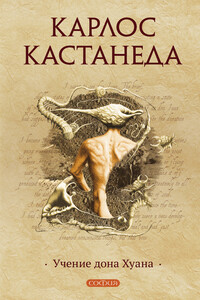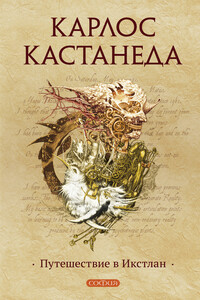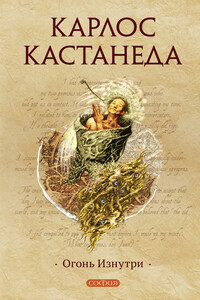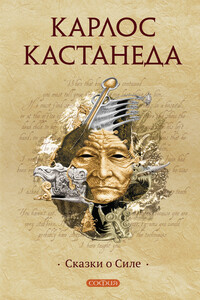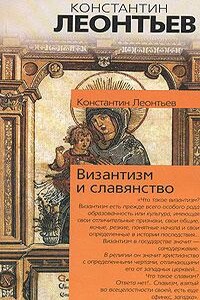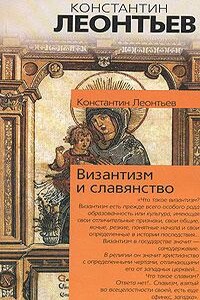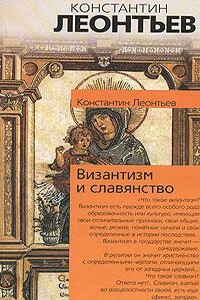I dove into my field work so deeply that I am sure that in the end, I disappointed the very people who were sponsoring me. I ended up in a field that was no man's land. It was not the subject of anthropology or sociology, or philosophy, or religion, for that matter. I had followed the phenomena's own regulations and configurations, but I didn't have the ability to emerge at a safe place. Therefore, I compromised my total effort by falling off the adequate academic scales for measuring its worth or its lack of it.
The irreducible description of what I did in the field would be to say that the Yaqui Indian sorcerer, don Juan Matus, introduced me into the cognition of the shamans of ancient Mexico. By cognition, it is meant the processes responsible for the awareness of everyday life, processes which include memory, experience, perception, and the expert use of any given syntax. The idea of cognition was, at that time, my most powerful stumbling block. It was inconceivable for me, as an educated Western man, that cognition, as it is defined in the philosophical discourse of our day, could be anything besides a homogeneous, all-engulfing affair for the totality of mankind. Western man is willing to consider cultural differences that would account for quaint ways of describing phenomena, but cultural differences could not possibly account for processes of memory, experience, perception, and the expert use of language to be anything other than the processes known to us. In other words, for Western man, there is only cognition as a group of general processes.
For the sorcerers of don Juan's lineage, however, there is the cognition of modern man, and there is the cognition of the shamans of ancient Mexico. Don Juan considered these two to be entire worlds of everyday life which were intrinsically different from one another. At a given moment, unbeknownst to me, my task mysteriously shifted from the mere gathering of anthropological data to the internalization of the new cognitive processes of the shamans' world.
A genuine internalization of such rationales entails a transformation, a different response to the world of everyday life. Shamans found out that the initial thrust of this transformation always occurs as an intellectual allegiance to something that appears to be merely a concept, but which has unsuspectedly powerful undercurrents. This was best described by don Juan when he said, "The world of everyday life cannot ever be taken as something personal that has power over us, something that could make us, or destroy us, because man's battlefield is not in his strife with the world around him. His battlefield is over the horizon, in an area which is unthinkable for an average man, the area where man ceases to be a man."
He explained those statements, saying that it was energetically imperative for human beings to realize that the only thing that matters is their encounter with infinity. Don Juan could not reduce the term infinity to a more manageable description. He said that it was energetically irreducible. It was something that could not be personified or even alluded to, except in such vague terms as infinity, ‘lo infinito.’
Little did I know at that time that don Juan was not giving me just an appealing intellectual description; he was describing something he called an energetic fact. Energetic facts, for him, were the conclusions that he and the other shamans of his lineage arrived at when they engaged in a function which they called seeing: the act of perceiving energy directly as it flows in the universe. The capacity to perceive energy in this manner is one of the culminating points of shamanism.
According to don Juan Matus, the task of ushering me into the cognition of the shamans of ancient Mexico was carried out in a traditional way, meaning that whatever he did to me was what was done to every shaman initiate throughout the ages. The internalization of the processes of a different cognitive system always began by drawing the shaman initiates' total attention to the realization that we are beings on our way to dying. Don Juan and the other shamans of his lineage believed that the full realization of this
